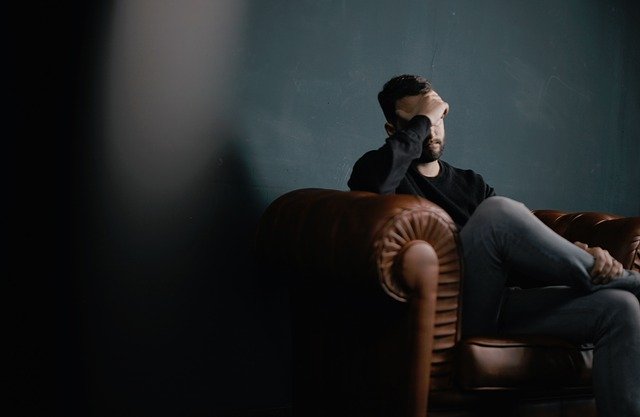
No one wants a headache after surviving another stressful work week or while on that much needed spring break vacation. Yet, this phenomenon does happen—it’s not a myth—and in fact, these weekend or vacation headaches can be more painful than your usual headaches.
Let’s review the “let-down” hypothesis on headaches and what you can do to prevent them and get back to relaxing.
The Science
The idea of a vacation or weekend headache is supported by scientific evidence.
In one small study in Neurology, 17 migraineurs together completed over two thousand electronic headache diary entries documenting their migraine attack experiences and level of stress, over a one to three month period.
The stress of the migraineurs was measured using two scales, the Self-Reported Stress Scale (SRSS) and the Perceived Stress Scale (PSS).
Results showed that stress levels were not associated with migraine occurrence. But, a decrease in stress level from one evening to the next was associated with an increased migraine occurrence over the subsequent 6, 12, and 18 hours.
So, for instance, you are more likely to have a migraine on Sunday if you have a stressful day at work on Friday followed by a decline in stress through Saturday.
Results were strongest during the first six hours after the decline in stress. In fact, at this six hour mark, you are five times more likely to develop a migraine attack.
Why Does This Happen?
Scientists are not totally sure. It could be that the period of high stress started the migraine process, but you didn’t actually feel the pain until the low stress period.
In addition, those high stress periods could make you more vulnerable to a migraine attack, which then strikes on the weekend when you can finally relax. Another theory is that stress hormones, like cortisol, decrease during relaxation periods, which may trigger your migraine.
What Can I Do?
Managing your high-stress level days is important in avoiding a headache. Remember, you cannot avoid all triggers. Rather, learning to cope with triggers is key. Here are a few healthy tidbits:
- Sleep: Sleep deprivation is a common migraine trigger, causing more frequent and more severe migraine attacks. So, while it may be tempting to stay up later to continue rehearsing a work presentation, in the end it may cause more harm than help. Be sure to get your Zzz’s during high stress periods.
- Get in Shape: Maintaining a healthy weight can help your migraines. In fact, in one study in Neurology of nearly 3,800 migraineurs, obese individuals were more likely to have severe, disabling migraine attacks and a higher number of attacks than those who were not obese (Bigal, Liberman, & Lipton, 2006).
- Caffeine: Ideally, it’s best to avoid caffeine all together in your diet. But, if you are a coffee or tea drinker, stick to your typical caffeine intake during periods of high stress, even though you may be tempted to drink more. Similarly, stick to your same caffeine regimen on the weekends or during periods of relaxation to avoid a withdrawal headache.
Take Home Message
Do not be surprised if you develop headaches during seemingly low stress periods. While scientists do not know the precise “why” behind this timing, coping with your stress during those high pressure times is helpful for both your headache and overall health. Talk with your doctor about strategies you can implement to adopt a healthier lifestyle.
About the author: Richard L Woodard works as a writer for write my essay service. He is fond of making photos. In this case, Richard dreams of visiting as many countries as possible in order to make a lot of photos and take part in the exhibition to present his works to others.




